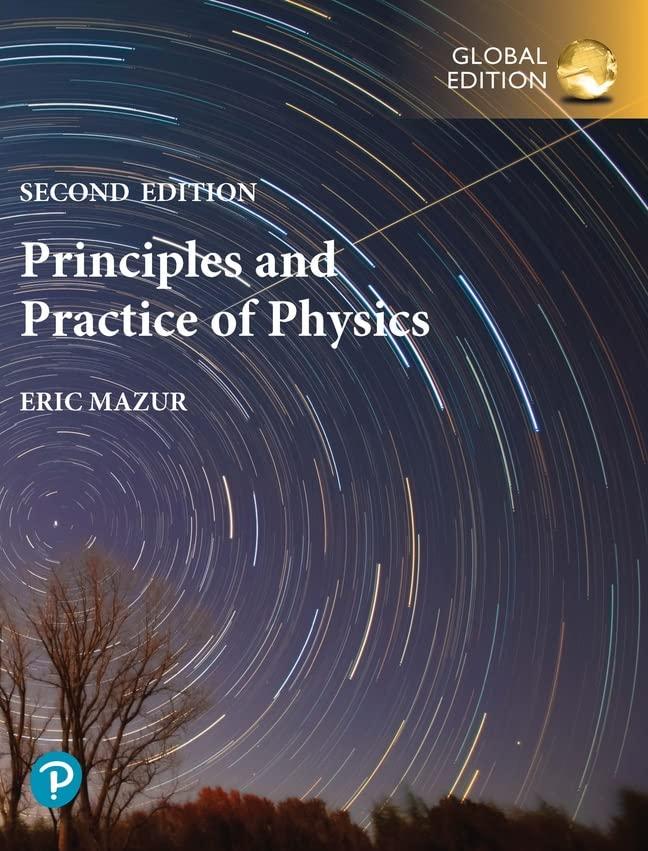If a stationary electron experiences a torque when a proton passes near it, then by the principle
Question:
If a stationary electron experiences a torque when a proton passes near it, then by the principle of relativity, a moving electron also experiences a torque when passing by a stationary proton. The electron orbiting the proton in a hydrogen atom, therefore, experiences a torque due to its intrinsic magnetic dipole moment. If the electron orbits counterclockwise in the \(x y\) plane when viewed from the positive \(z\) axis, what is the direction with which this torque tends to align the electron's intrinsic magnetic dipole moment?
Fantastic news! We've Found the answer you've been seeking!
Step by Step Answer:
Related Book For 

Question Posted:





